Another inconvenient truth
Adam Parnell, Director of CHIRP Maritime’s Superyacht programme, sets out why silence is the real danger in professional yachting…
Last month The Superyacht Report published Rod Hatch’s thought-provoking article and in the spirit of balance we have asked Adam Parnell, the Director of CHIRP Maritime’s Superyacht programme, to provide a counter view.
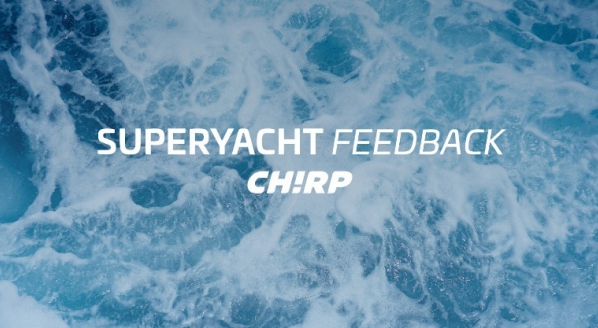
The superyacht sector prides itself on privacy, professionalism and discretion. These qualities support the confidence of owners and guests but they also create blind spots. Incidents that are suppressed to protect reputation results in underlying risks going unchecked. In short, a culture built on discretion becomes vulnerable to its own silence.
Rod Hatch’s recent commentary is predicated upon several assumptions that do not align with the evidence. The first is an assumption that if problems were widespread they would be widely reported. In practice the opposite is often true: under-reporting is driven by power imbalance and a fear that reporting will result in ridicule, retribution or redundancy. A second assumption is that risks are negligible until they manifest at a catastrophic scale. This is classic optimism bias that treats the absence of a tragedy as ‘proof’ that systems are safe, when often ‘good’ outcomes are the result of luck. The third assumption is that yachting is fundamentally insulated to the same human factors, pressures and behavioural patterns observed universally across the remainder of the maritime sector. Reports received over 22 years by CHIRP tightly aligns with evidence from independent research, and the sector's own surveys which have consistently demonstrated that these three assumptions do not hold.
“Silence is survival” is the mantra of the disenfranchised through necessity, not choice.
Hatch suggests that concerns around harassment, fatigue and crew welfare are overstated or confined to isolated cases. Yet informal forums online indicate otherwise. Even the Professional Yachting Association's data shows that 39 per cent of crew report unwanted physical contact. Figures relating specifically to sexual harassment and assault were redacted, but the fact that they were withheld strongly suggests these problems are widespread, not marginal. Human-factors research shows how coercion and 'reputational gatekeeping' on yachts supress reporting, as does the belief that the reporter/victim is often the one who is removed from the team rather than the perpetrator. “Silence is survival” is the mantra of the disenfranchised through necessity, not choice.
Calls for mandatory criminal background checks are sometimes dismissed as overreach, but that argument rests on the idea that universal application would be impracticable. That is true; however, the proposal is tightly targeted on those in positions of authority on board, for example captains, officers and senior crew, who can influence or control the environment on board. The aim is simple: to reduce the ease with which bad actors can move between vessels and continue offending without consequence.
Hatch’s depiction of the IMO as an organisation that intervenes only once fatalities cross a threshold is inaccurate. The IMO acts when credible evidence points to systemic risk, not when casualty numbers reach an arbitrary quota. If its approach were driven by injuries and deaths alone, commercial fishing would be the most heavily regulated maritime activity in existence. In practice, the IMO targets the factors that lead to incidents, including operational pressure, fatigue and poor wellbeing. Yet the sector's deference to discretion works against it: when incidents are supressed or under-reported, the evidence base needed for timely intervention is weakened.
When crews ask for better accommodation, they are not seeking comfort upgrades,
they’re asking for enough berths to safely operate the vessel.
The lived experience of crew illustrates how operational risk builds long before an incident occurs. Falsified records of work and rest hours is widely acknowledged across the sector, and chronic fatigue – known to impair judgement to the level of alcohol intoxication – is still treated as part of the job. Some vessels operate with insufficient crew to deliver guest services and navigational safety at the same time. The consequences are predictable: tasks are deferred, corners are cut, and safety-critical duties are compromised by exhaustion.
CHIRP learned of one yacht that abandoned its anchor watch at night because workload made sustained bridge coverage impossible. This was not a matter of poor discipline or rostering. The vessel carried the maximum crew its accommodation allowed, but that number was still insufficient to operate safely.
This is why calls for crew quarters to be enlarged are valid. Larger crew quarters are needed so that vessels can embark the additional personnel required for safe operation, and also to reduce the number of mixed-sex crew forced to share cabins – a practice that supresses complaints and undermines wellbeing. This context is missing from Hatch’s argument. When crews ask for better accommodation, they are not seeking comfort upgrades, they're asking for enough berths to safely operate the vessel.
Regrettably the disparity in flag state scrutiny between private and commercial vessels undermines regulatory credibility, creates exploitable gaps in safety oversight and crew welfare, and in extremis exposes crews and guests – including those on your own vessel – to unnecessary risk.
Aligning oversight across the sector is a prerequisite for both safety and professionalism, requiring strong leadership, a culture that champions safety reporting by empowering crew at all levels with a voice and a commitment to ensure discretion never comes at the expense of safety standards.
To register to CHIRP or submit your feedback, please click here.
As an open-source platform we offer an industry-wide invitation to anyone and everyone in our sector to share their knowledge, experience and opinions. So if you have an interesting and valuable contribution to make, and would like to join our growing community of guest columnists, share your ideas with us at newsdesk@thesuperyachtgroup.com
Profile links
NEW: Sign up for SuperyachtNewsweek!
Get the latest weekly news, in-depth reports, intelligence, and strategic insights, delivered directly from The Superyacht Group's editors and market analysts.
Stay at the forefront of the superyacht industry with SuperyachtNewsweek
Click here to become part of The Superyacht Group community, and join us in our mission to make this industry accessible to all, and prosperous for the long-term. We are offering access to the superyacht industry’s most comprehensive and longstanding archive of business-critical information, as well as a comprehensive, real-time superyacht fleet database, for just £10 per month, because we are One Industry with One Mission. Sign up here.
Related news
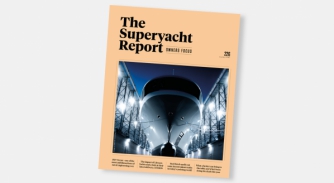
Burst the bubble of hierarchical structure
Why a regulatory system that functions only in the wake of disasters is not a resilient one – by Dr Emma Gillett DC, CEO & Founder of SeaFeedback
Opinion
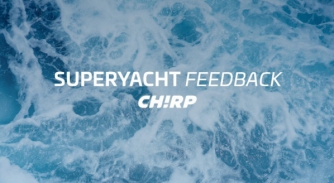
CHIRP Report: Enclosed space inspection leads to crew injury
How a breakdown in communication can undermine even well-planned procedures
Crew
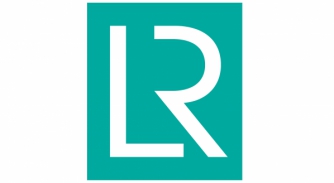
Yacht crew safety culture and well-being
Lloyd’s Register on why the industry needs to go beyond compliance and focus on human-centred safety.
Opinion
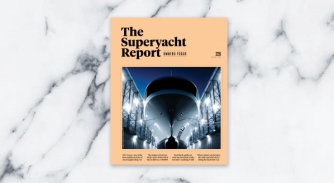
The Superyacht Report 226: Owners Focus – out now!
From Oceanco, the PYA to MYBA, read the inside stories of the leaders shaping the future of yachting. Read TSR 226: Owners Focus today
Opinion
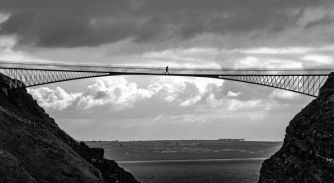
Bridging the gap: The human side of superyacht operations
Marianne Danissen at Camper & Nicholsons explains how knowledge sharing can help alleviate the demands of crew life while raising industry standards
Crew
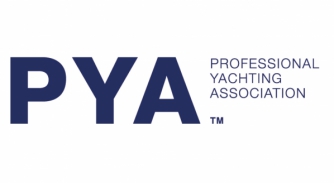
PYA – the voice of yacht crew
A reminder from the CEO of PYA, Christophe Bourillon, of the fundamental behind-the-scenes role the organisation plays in yacht crew representation
Crew
Related news
Burst the bubble of hierarchical structure
3 months ago
Yacht crew safety culture and well-being
4 months ago
The Superyacht Report 226: Owners Focus – out now!
5 months ago
PYA – the voice of yacht crew
7 months ago
NEW: Sign up for
SuperyachtNewsweek!
Get the latest weekly news, in-depth reports, intelligence, and strategic insights, delivered directly from The Superyacht Group's editors and market analysts.
Stay at the forefront of the superyacht industry with SuperyachtNewsweek



